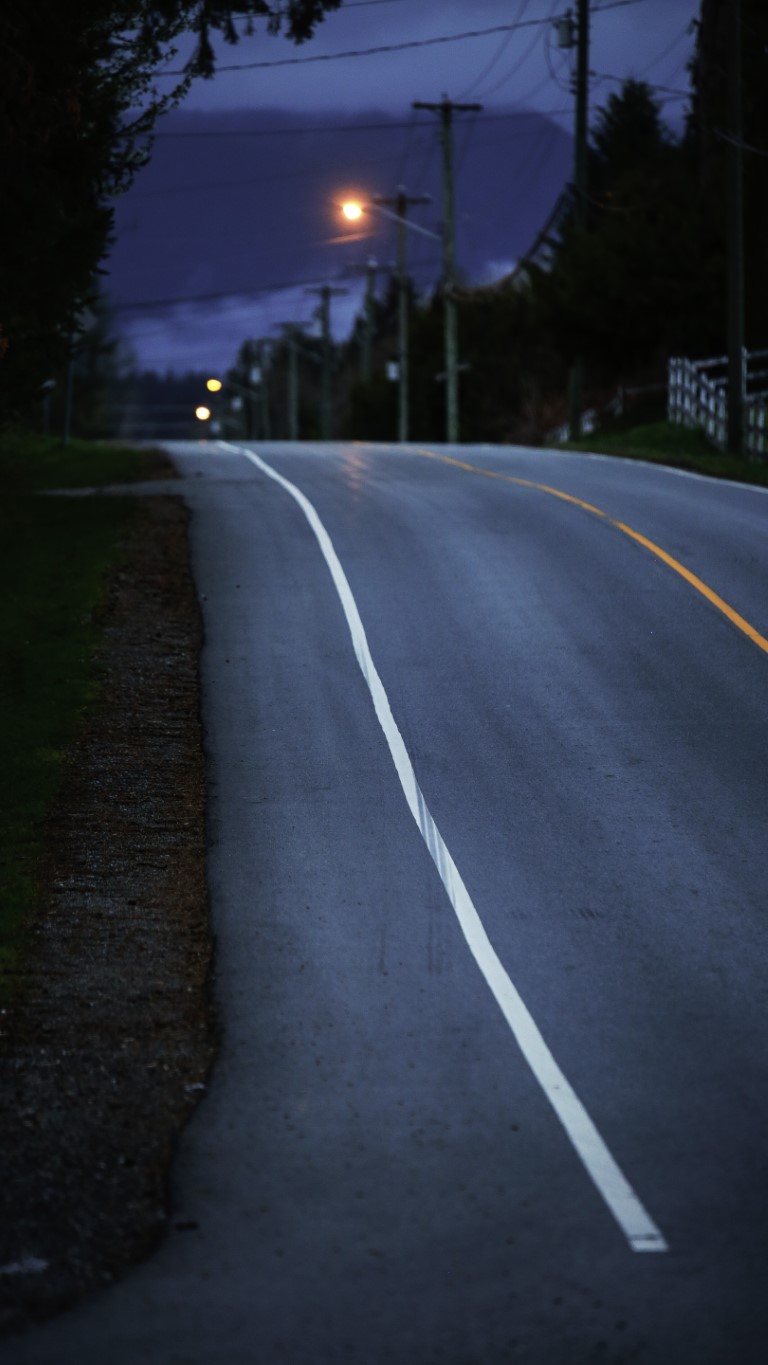Scrumptious salmon
By Natalie Serafini, Editor-in-Chief
I’m not a very good cook. My impatience is such that cooking is usually tossing a can of soup on the stove and heating, on extra-high heat, for all of five minutes. Do you smell that scorched butternut squash soup? That’s the pre-packaged scent of young adulthood.
One of my recurring issues with cooking is that I’m awful at coordinating meals. I can handle one element of a meal, but matching that with complementary food stuffs leaves me at a loss. Rather than allowing myself to wander, lost, through grocery aisles for all eternity, I’m attacking this gap head-on. This week I’ll teach you (and myself) a scrumptious yet simple salmon recipe with food pairings to go with it.
Salmon is a tremendously healthy fish, with all those proteins, healthy fats, and antioxidants that you want in your diet. In addition to which, it can be cooked in so many different and easy ways, whether you want to fry, grill, broil, or roast the sucker. For this recipe, we’ll be frying it in a pan, and figuring out the sort of sides you should include in your meal. I based this recipe off cooking for one, but you can adjust the amounts based on how many mouths you’ll be feeding.
Salmon:
One single-serving salmon fillet
Two cloves of garlic, crushed and roughly chopped
One tomato, sliced
Olive oil, for pan
Salt and pepper
In a pan, drizzle roughly one-and-a-half tablespoons of olive oil, or enough to coat the pan for fish-flipping. Heat up the pan on medium-high and, once it’s warm enough, put your chopped garlic and sliced tomato into the pan. You’ll want to cook the garlic and tomato for a while before adding the salmon, enough so that the tomato is getting soft and your kitchen is starting to smell of allium sativum.
Once the garlic and tomato have been cooking for a while (no more than about five minutes), turn up the heat a bit and add your salmon. Don’t jostle your salmon too much while it’s cooking, but do make sure you stir your garlic and tomato around to avoid burning.
Once your salmon has turned a light pink on one side, flip it over. Keep cooking the salmon, checking to make sure it’s cooking all the way through. You can do this by slicing into the middle of the salmon fillet. If it’s a nice light pink on the inside, it’s fine; if it’s closer to a hot pink, keep on cooking. Add a little salt and pepper, and plate your salmon once it’s thoroughly cooked but not burnt.
To pair:
Salmon is delightfully paired with a light grain and some green veggies. I would recommend cooking up some brown or wild rice beforehand—be sure to allot plenty of time for these rices, as they tend to cook slowly. Alternatively, for a faster grain addition, try out some couscous. It’s a quick and easy addition to any meal, and leftovers can be saved in the fridge and made into a yummy couscous salad later. To get more creative, try adding an herb that will be complementary to the rest of your meal, or a drizzle of lemon for zest.
For green veggies, try out some asparagus. My preferred method of cooking asparagus is by “grilling” it on a stovetop. While you heat your pan on medium-high heat, lightly brush your asparagus with some olive oil. Do not drench the asparagus in olive oil: too much oil isn’t healthy, and also negates your pseudo-grill technique—you might as well sauté if you add too much oil. Once the pan is hot and your ‘sparagus is lightly greased, lay the spears in the pan. Don’t fuss too much with the asparagus while it’s cooking. Again, you’re trying to grill, not fry. Instead, gently roll the spears over after a few minutes. Your asparagus should be ready once it’s turned a beautiful bright green, but you can cook a little longer past this for a more grilled look and flavour.
Plate your meal, and enjoy! For those of you who enjoy a little drink with your meal, a white wine pairs well with salmon.


